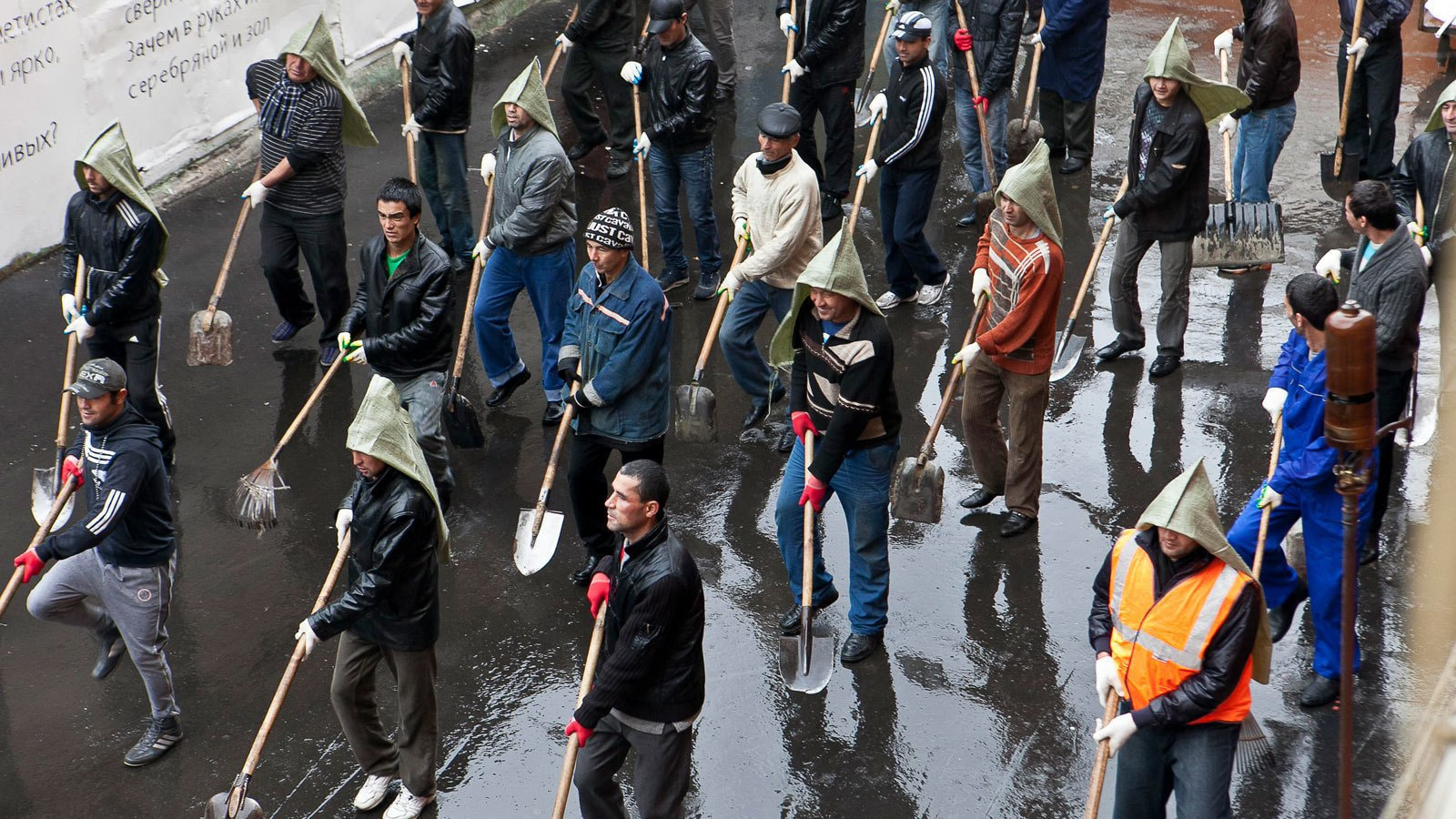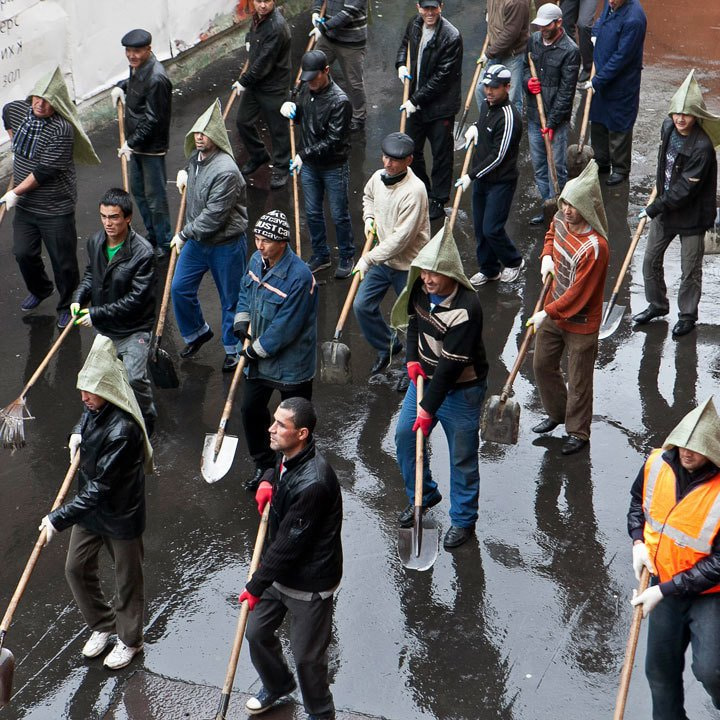Critical thought of the first post-Soviet decade—the 1990s—did not approach its own post-Soviet nature as a subject. It did not know the notion of historical time at all. The transitional and turbulent 1990s existed in the temporality of the permanent present, in the here-and-now dimension, whereby references made to the Soviet past bore a self-sufficient modality, being merely “gestures of relation” which did not demand a narrative or discursive verification. The necessity of building a historical continuity stems from the 2000s, the period of so-called stabilization, when the state returned to power and, in parallel to critical thought, began rationalizing its historical legitimacy. The category of “Soviet” in the newly-emerging post-Soviet discourse varied, depending on what exactly this legacy was aiming to justify with its historical authority. During that period, attempts to retrospectively construct a historical legacy took the form of a linear narrative which, having overcome the present, proposed a hypothetical perspective of a possible future. In our time, Soviet legacies are attributed as a trauma which has to be outlived. This trauma operates as a painful process of differentiation between the past and the present, implying a reversely constructed temporality which, in other words, is turned to the past. Lastly, whereas previously the historical narrative of power was confronted by critical thought and its heritage, today attempts to build a national entity based on trauma are confronted by many individual traumas.
Viktor Misiano “The Poetics of Trauma”
Date
Schedule
Place
ABOUT THE PARTICIPANT
Viktor Misiano (b. 1975, Moscow) is a contemporary art theorist and curator, and the founder and editor-in-chief of Moscow Art Magazine and Manifesta Journal: Journal of Contemporary Curatorship (2003). He was the curator of the Russian Pavilion at the Venice Biennale in 1995 and 2003, and the chief curator of the Central Asian Pavilion in 2005. He has collaborated with numerous art magazines, and is the author of the books Drugoy i raznye [The Other and the Different] (2004) and Five Lectures on Curatorship (2014). He has lectured at Bard College (New York), The Royal College of Art (London), and NABA (Milan), and maintains an active curatorial practice. He lives in Locorotondo, Italy and works in Moscow.

